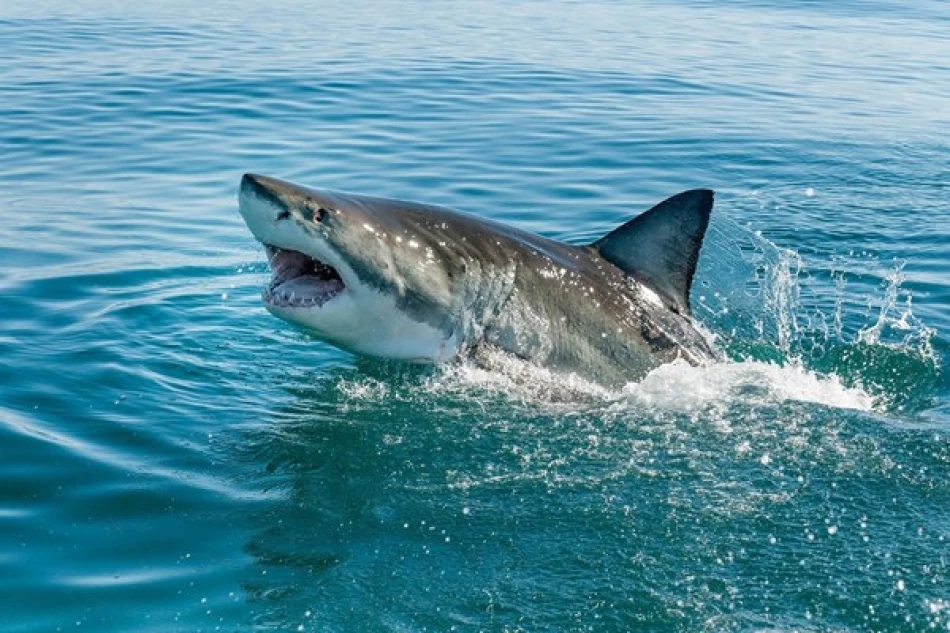
Deadly Shark Attack off Sydney Beach Claims Man's Life
Sydney's Rare Shark Attack Highlights Australia's Ongoing Marine Safety Challenge
A fatal shark attack off Sydney's northern beaches has claimed the life of a surfer, marking the first deadly encounter in the city since 2022 and prompting immediate beach closures across the region. The incident underscores Australia's complex relationship with marine wildlife as coastal development and water sports continue to expand into traditional shark habitats.
The Attack: What We Know
Australian police confirmed that a large shark killed a surfer between Long Reef and Dee Why beaches on Saturday. Witnesses reported the man was surfing when the attack occurred, with emergency services responding to reports of serious injuries before confirming the fatality.
New South Wales Police have taken two pieces of the victim's surfboard for forensic examination, which could help identify the species responsible and provide crucial data for marine biologists studying shark behavior patterns in the area.
Breaking a Deadly Silence
This attack represents Sydney's first fatal shark encounter since February 2022, when a 35-year-old British diving instructor was killed at Little Bay in the city's south. Before that incident, Sydney had maintained a remarkable 59-year streak without a deadly shark attack, dating back to 1963.
The rarity of these incidents makes each case particularly significant for both public safety officials and marine researchers, who rely on limited data points to understand changing patterns in shark-human interactions.
Beach Closures and Safety Response
Multiple beaches in the northern Sydney area have been closed "until further notice" following the attack. This precautionary measure reflects standard protocol that typically sees beaches remain shuttered for 24-48 hours while authorities assess ongoing risks and deploy shark detection technology.
Australia's Shark Attack Reality
Despite global perceptions, Australia averages only 1-2 fatal shark attacks annually across its entire 25,760-kilometer coastline. However, the country consistently ranks among the world's top three nations for shark encounters, alongside the United States and South Africa.
New South Wales, which includes Sydney, has invested heavily in shark mitigation technology, including drone surveillance, smart drumlines, and listening stations that track tagged sharks. These measures have helped maintain relatively low attack rates despite increasing coastal populations and water activity participation.
The Tourism and Economic Factor
Sydney's beaches generate billions in tourism revenue annually, making swift and effective crisis management essential. The city's response to shark incidents has become increasingly sophisticated, balancing public safety with economic interests through targeted closures rather than blanket beach shutdowns.
This approach contrasts with more aggressive culling programs implemented in Western Australia and Queensland, which have faced criticism from conservationists while showing mixed results in attack prevention.
Climate and Behavioral Changes
Marine biologists point to several factors potentially influencing shark behavior near urban coastlines, including climate-driven changes in prey fish distribution, warmer ocean temperatures extending shark activity seasons, and increased human presence in marine environments.
The La Niña weather pattern, which has dominated Australia's climate in recent years, brings warmer coastal waters that can attract sharks closer to popular swimming and surfing spots. This natural phenomenon may partially explain the clustering of recent incidents along Australia's east coast.
As investigation into this latest attack continues, it serves as a stark reminder that Australia's pristine coastal lifestyle comes with inherent risks that technology and vigilance can reduce but never entirely eliminate.
Most Viewed News

 Layla Al Mansoori
Layla Al Mansoori






